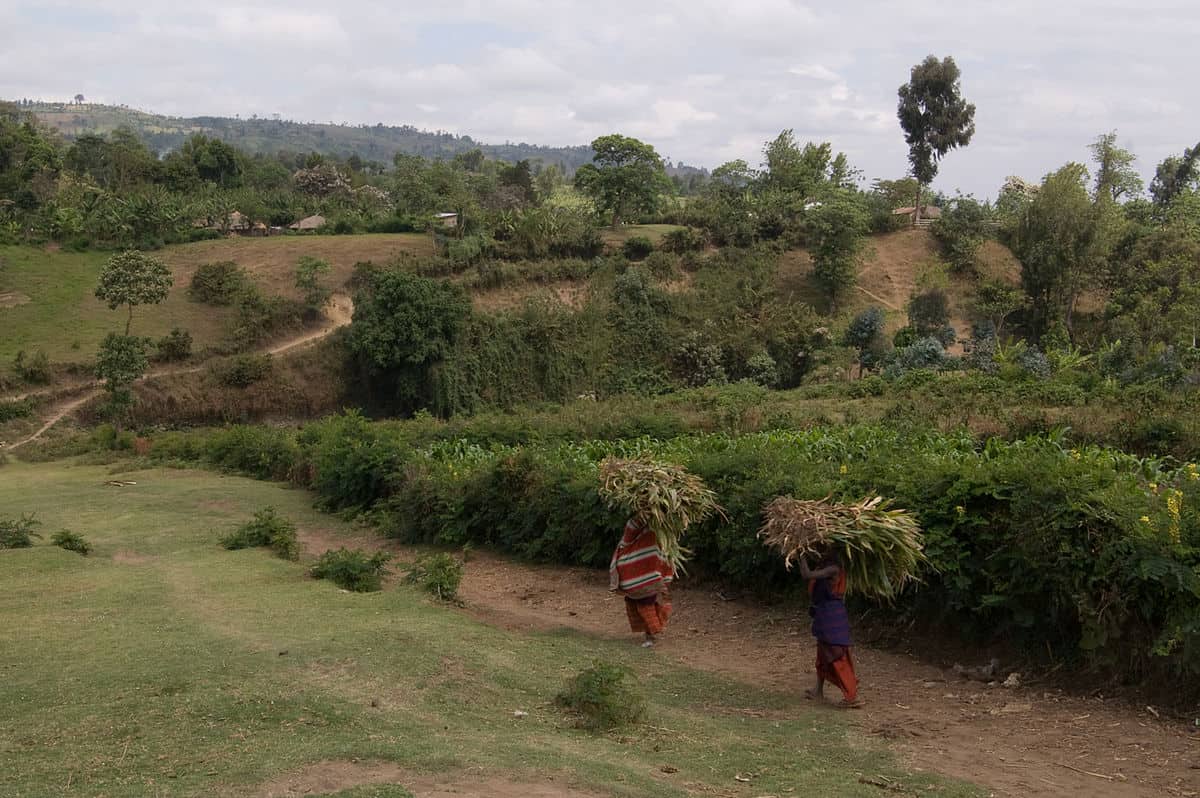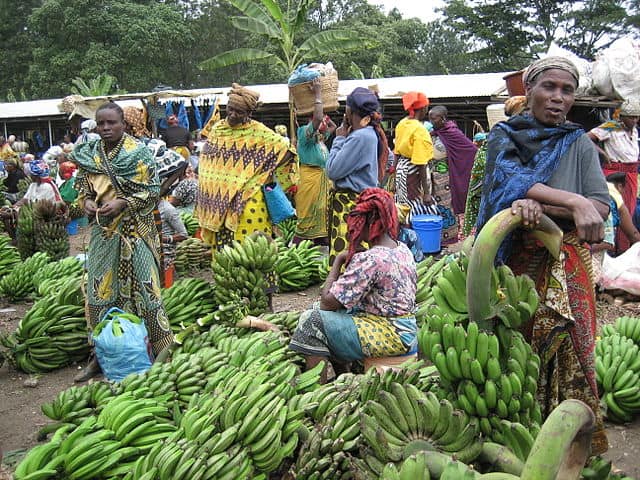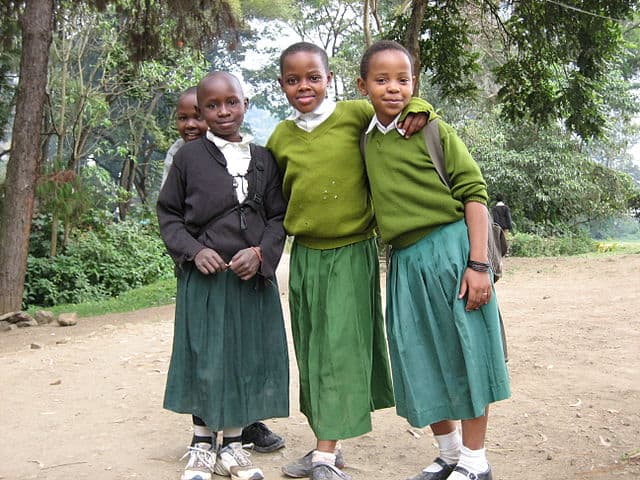
In exchange for developmental assistance, the Tanzanian government has amended legislation to enforce protection of intellectual property rights and facilitate land access for commercial investors, like big agriculture companies Monsanto and Syngenta. The accordance was sparked by the formation of the New Alliance for Food Security and Nutrition (NAFSN) at the 2012 G8 summit.
Unfortunately, certain stipulations of NAFSN agreements are serving to play into government corruption, disparage traditional ways of life and make it easier for big agriculture to prey on lesser developed countries. This is now the case in Tanzania, where efforts to preserve sustainable small farming and local economy are being derailed by the complicated and scary new shift.

Michael Farrelly of the Tanzanian organic farming movement (TOAM) explains,
“If you buy seeds from Syngenta or Monsanto under the new legislation, they will retain the intellectual property rights. If you save seeds from your first harvest, you can use them only on your own piece of land for non-commercial purposes. You’re not allowed to share them…you cannot sell them for sure. But that’s the entire foundation of the seed system in Africa.”
If Tanzanian farmers are convicted of illegally selling or trading patented seeds, they could receive a prison sentence of more than 12 years, a fine of over €205,300, or both. “That’s an amount that a Tanzanian farmer cannot even start to imagine. The average wage is still less than 2 US dollars a day,” says Janet Maro, leader of Sustainable Agriculture Tanzania.
According to the U.N.’s Farm and Agriculture Organization (FAO) figures, currently, over 80 percent of the food in Sub-Saharan Africa and Asia is produced by small-scale farmers. Across the continent, efforts have been made to fight off the advances made by Monsanto, in order to preserve tradition, protect land and avoid becoming dependent on big corporations. Earlier this year, the Indian government started promoting the use of indigenous seed and simultaneously publicizing Monsanto’s illegally profiting on toxic Bt cotton seed.
Monsanto is working its way towards global domination with their genetically-modified seeds and health and environment damaging chemicals, insisting their methods are the only way to keep up with the growing demand for food. By creating a monopoly on seed, putting farmers in debt, and bribing governments to back off, Monsanto will ultimately destroy biodiversity entirely and control the world food supply.

What are your thoughts? Please share and comment on this article!


